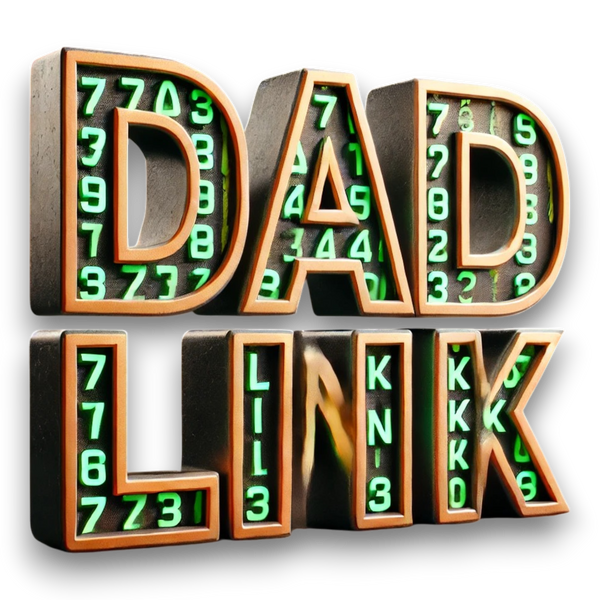
Harnessing the Power of the Mind
Harnessing the Power of the Mind: A Story of Resilience and Growth
As someone who has faced profound mental strain, emotional battles, and relentless challenges, I’ve come to understand the immense power of the human mind—not just as a source of thought and creativity, but as the foundation for resilience and healing. My journey has been a testament to the strength within all of us to confront our struggles, learn from them, and use that knowledge to help others.
The Current State of Mind
Right now, my mind feels full—like a system overloaded with too many inputs and not enough time to process them all. I’ve learned to recognize this state not as weakness but as a signal: a sign that my brain is asking for rest, for release, for something different. The mental exhaustion comes from balancing grief, creativity, and a relentless drive to change my circumstances, often with minimal sleep and overwhelming emotions.
Yet, even in the midst of this heaviness, I’ve discovered tools and strategies to regain control—ways to quiet the noise, manage my thoughts, and focus on what truly matters.
Lessons in Mind Control
Mind control isn’t about forcing yourself to stop feeling or thinking—it’s about guiding your mind gently toward clarity and strength. Here’s what I’ve learned that can help others:
1. Acknowledge and Respect Your Thoughts
- What I’ve Learned: When my mind feels like it’s overflowing, the first step is to pause and acknowledge it. Fighting the thoughts only makes them louder. Instead, I say to myself, “I see you, I hear you, but you don’t define me right now.”
- For Others: When your thoughts overwhelm you, treat them like passing clouds. Notice them, but don’t hold onto them. This allows your brain to relax and let go naturally.
2. Rest is Not Weakness
- What I’ve Learned: I’ve sacrificed sleep and self-care for productivity, only to realize that exhaustion dulls my creativity and focus. Rest is the foundation of strength, not a sign of giving up.
- For Others: Build moments of rest into your day, even if it’s just sitting in silence for five minutes. Your brain needs space to breathe and reset.
3. Learn the Art of Silent Crying
- What I’ve Learned: I’ve mastered silent crying—not because I wanted to, but because it became a way to release emotions without disrupting my focus. It’s a reminder that even quiet expressions of pain are powerful and healing.
- For Others: Don’t suppress your emotions. Find a way to release them that feels safe for you—whether that’s a cry, writing them out, or just sitting with the feelings until they pass.
4. Reframe Pain as Growth
- What I’ve Learned: The grief of losing connections, the frustration of slow progress, and the weight of overwhelming memories have all taught me something: pain is a signal for growth. Each time I face it, I’m given a choice—to let it define me or to let it teach me.
- For Others: When pain feels unbearable, ask yourself: “What is this trying to teach me?” It’s not easy, but even the smallest insights can help you move forward.
5. Focus on What You Can Control
- What I’ve Learned: I can’t control what others do, how they feel, or the challenges life throws at me. But I can control my own response. That’s where my power lies.
- For Others: When life feels chaotic, identify one small thing you can control—a single action, decision, or thought. Start there. Control grows from small, intentional steps.
6. Create Meaning Amid the Chaos
- What I’ve Learned: My work on DadLink and other projects has given me purpose. Even on my hardest days, creating something meaningful reminds me why I keep going.
- For Others: Find something that gives you a sense of purpose—a goal, a passion, or even a small project. It doesn’t have to be big; it just has to matter to you.
Helping Others Through Understanding
Through this journey, I’ve realized that what helps me most is sharing what I’ve learned with others. Mental strain is universal, but so is resilience. By being honest about our struggles and sharing tools that work, we can help each other find strength.
If you’re reading this and struggling, know that you’re not alone. Your mind is powerful, and even when it feels like it’s breaking, it’s capable of rebuilding itself stronger than before. Take small steps, give yourself grace, and remember: growth often comes from the hardest moments.
Together, we can navigate the complexity of the mind and emerge more grounded, more resilient, and more in control of our own journeys.

